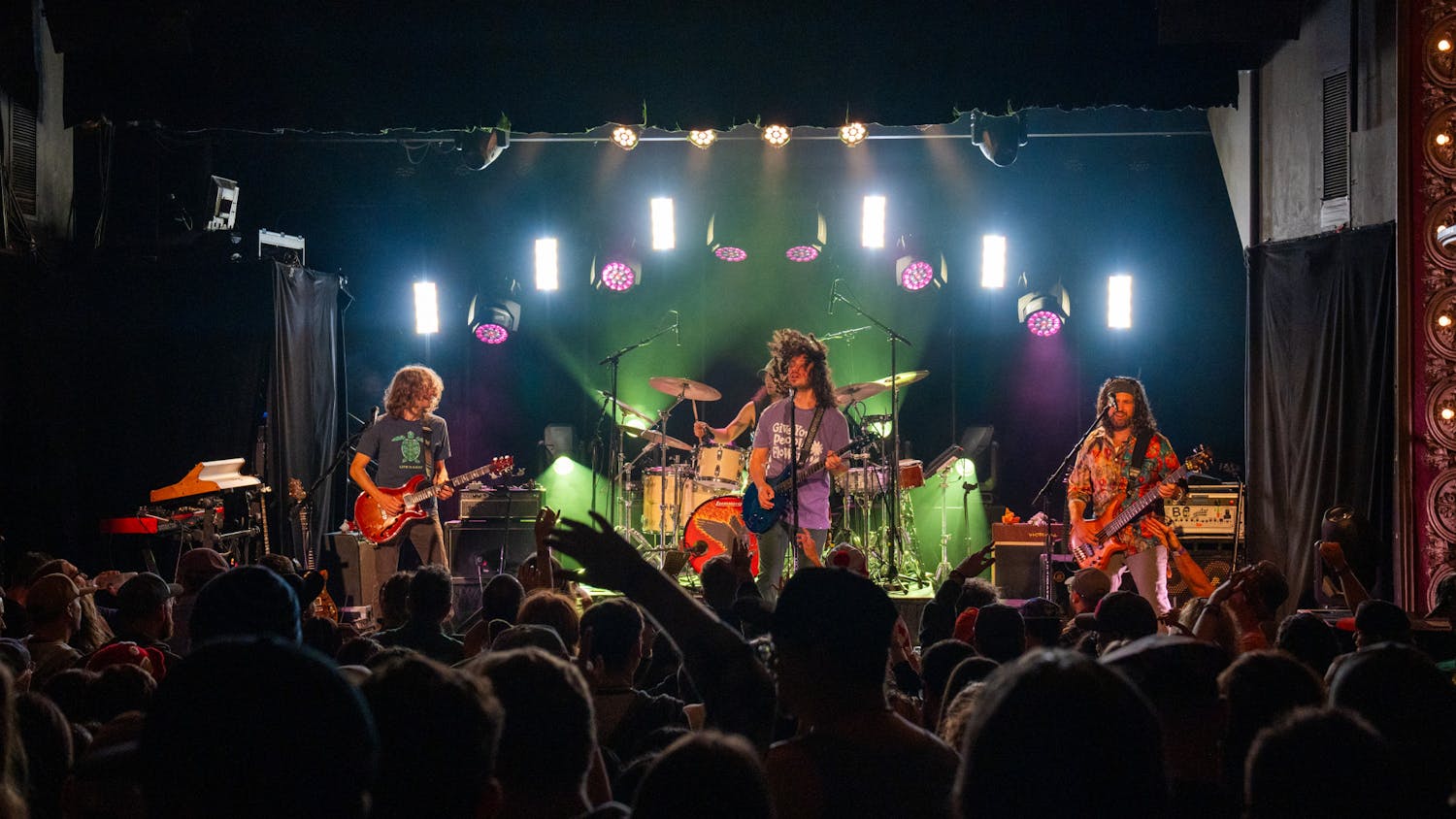On Jan. 29, Daniel Hernandez — known by his stage name, Tekashi 6ix9ine (pronounced “six-nine”) — posted a celebratory video on his Instagram. The post announced his debut mixtape, DAY69, out Feb. 23, as he recapped his achievements in 2017 with his daughter by his side. 6ix9ine was positive in his message, telling artists of all forms to follow their dreams against whatever criticism may follow. However, further investigation of 6ix9ine’s life and music will reveal there is little to be happy about. If what 6ix9ine is speaking is the truth, the release of his full-fledged mixtape will represent a very troublesome step forward for an up-and-coming artist and other rappers of his generation, all of whom are detrimental to both hip-hop and society as a whole.
The accessibility of the internet has changed the way music is dispersed and how musicians gain popularity. Chance the Rapper made two mixtapes before going to Lollapalooza in 2014 and is now one of rap’s biggest names. However, it has also allowed artists without much musical merit to thrive on streaming services like YouTube and SoundCloud. 6ix9ine is one of the most popular rappers to gain steam online, as his hit single “GUMMO” earned a place on Spotify’s RapCaviar playlist and has amassed over 41 million plays. His newest single, “KEKE” — which features Fetty Wap and A Boogie wit da Hoodie — has replaced “GUMMO” on RapCaviar and already has 10 million plays on Spotify. There are two sides to every coin, and if Chance the Rapper and Justin Bieber are on one side, 6ix9ine is the face on the other side.
With a rainbow grill and shoulder-length hair of similar colors, he’s an easy face to recognize. A large number of tattoos also cover his face, hands and chest, with many of those tattoos being the number 69. It’s his music, however, that really makes him unforgettable. The most noticeable and instantly detestable feature of his music is its language. “GUMMO” has 27 counts of the n-word over two minutes and 38 seconds of music, which evens out to one n-word every six seconds. It goes without saying that a non-black person should never use that word, and yet 6ix9ine normalizes its usage as an American of Latino descent. He may not be white, but as a minority myself, I can tell you that the n-word has no place in my vocabulary or his.
As I pushed through 6ix9ine’s poor word usage, the rest of “GUMMO” is as awful as his vocabulary. While still a relatively young genre, hip-hop has a dense history — having dealt with the glorification of violence, among other issues — but you would be hard pressed to deny the impact and art of N.W.A. and other great classic artists. On the other hand, there is not an ounce of this originality or artistry in “GUMMO,” “KEKE” or any other 6ix9ine song. Instead, he objectifies women as he recycles the same crime-focused narratives, relying on racial slurs and profanity as the base of his derivative flow. In short, his music is bad and cannot compare to the hip-hop artists of old or even his contemporaries of today. And yet, somehow, he continues to grow in popularity.
Even with the Weinstein Effect that has gripped the world, 6ix9ine continues to gain fame. On Dec. 14 last year, Jezebel broke a story detailing 6ix9ine’s plea agreement to charges of sexual misconduct with a minor, but his public image and music remains unscathed. He does not stand alone either: Rapper Kodak Black was charged with sexual misconduct in 2016 and awaits trial. XXXTentacion was arrested for aggravated battery but was still signed a reported $6 million record deal this past October. And now, claiming he has signed a $7.5 million deal, we have 6ix9ine, the most recent example of individuals who are not only bad musicians, but bad people.
The world continues to change, and music has with it. What must remain constant in the face of all this change is the need for quality art and the refusal of intolerance and marginalization. 6ix9ine is not the first musician to lack ability and be a terrible person while attaining fame, but I would like to hope that he could be among the last of them. His music is wack, and it’s up to consumers like us to support great music while rejecting bad music. If there’s anything art has taught us, it is that art makes a difference, and music such as 6ix9ine’s doesn’t make a positive one.






